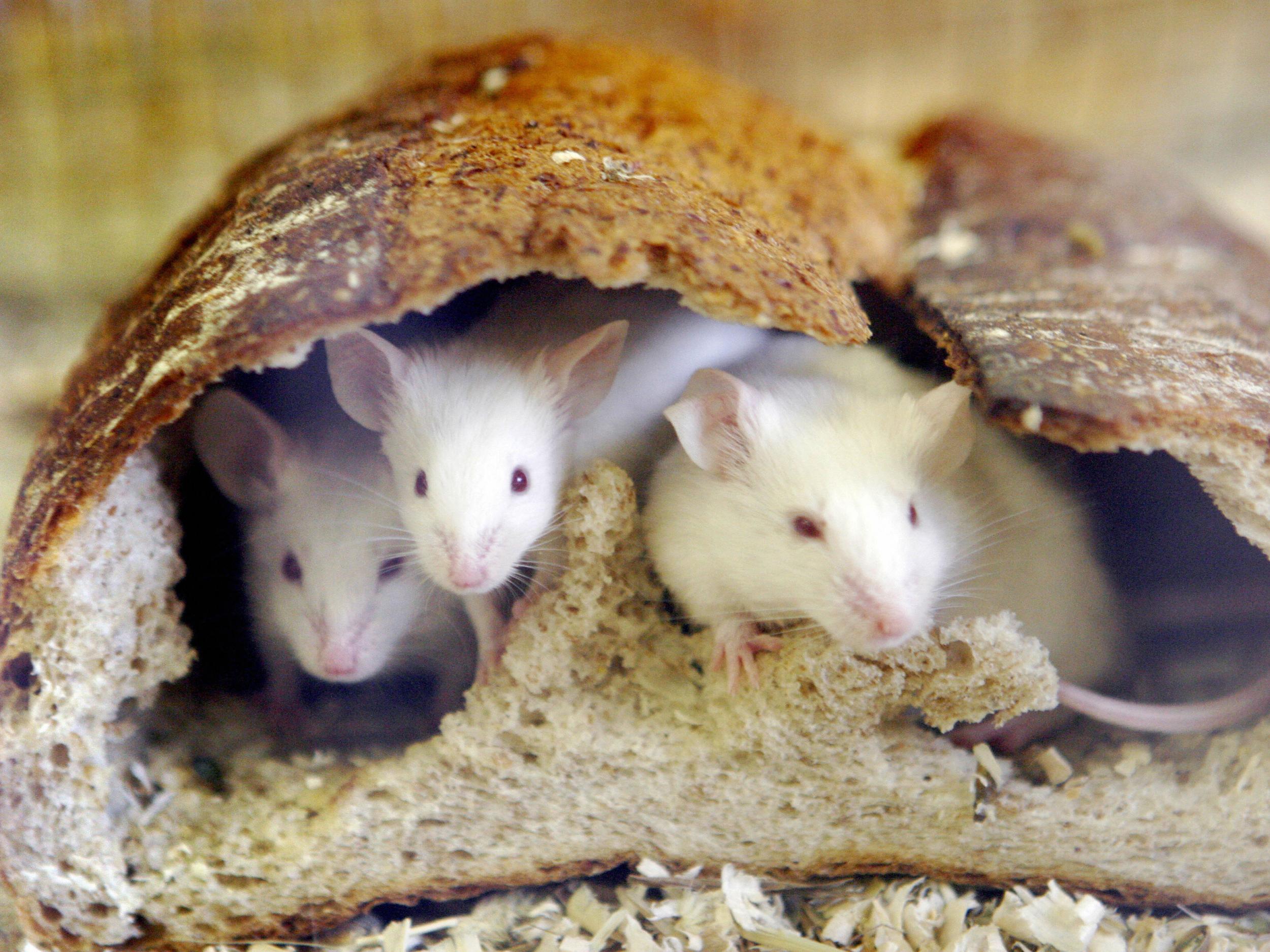Bullies' brains wired to seek pleasure from aggression, study suggests
Researchers from Mount Sinai Hospital, New York, found the brains of mouse bullies activated a reward synapse when they showed aggression to weaker mice

Bullies’ brains are wired to get enjoyment from picking on victims, scientists have found.
The research claims that bullying is motivated by a neurological disorder, whereby the brain activates a reward response to aggressive activity.
Behavioural experiments on mice found that those who acted aggressively toward inferior mice developed a preference for bullying over non-aggression, suggesting that they found the ability to subordinate another mouse rewarding.
Dr Scott Russo, from Mount Sinai Hospital, who lead the research said the unique study is the “first to demonstrate that bullying behaviour activates a primary brain reward circuit that makes it pleasurable to a subset of individuals".
The report says that the activation of the brain reward circuit is caused by the projection of a neurotransmitter which reduces activity in the part of the brain that usually creates an aversion to violence.
Researchers manipulated neurotransmitter activity providing them with conclusive evidence that its stimulation is “sufficient and necessary” to alter the inclination to bully.
The report’s findings may provide useful information for the development of drugs to treat aggression-related neuropsychiatric disorders.
Join our commenting forum
Join thought-provoking conversations, follow other Independent readers and see their replies
Comments